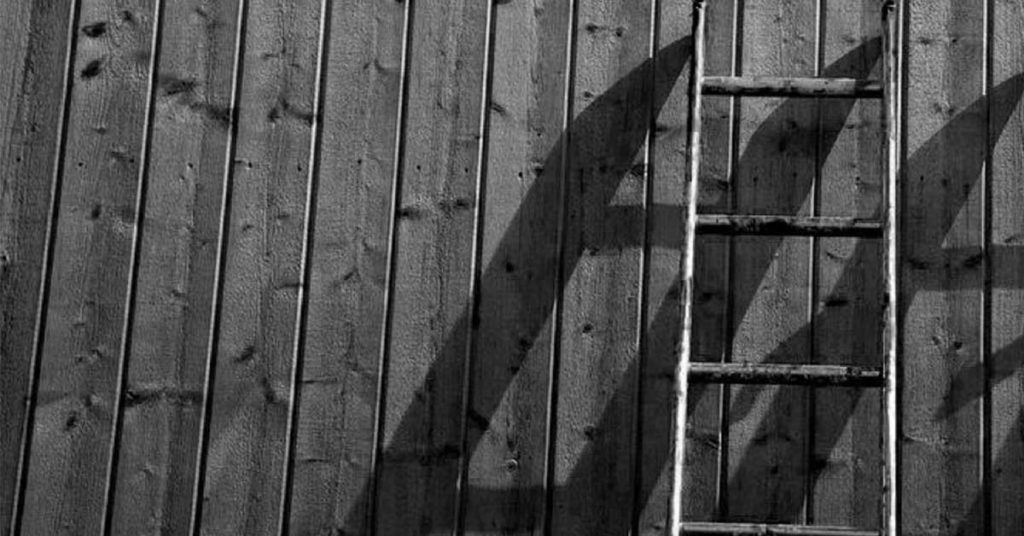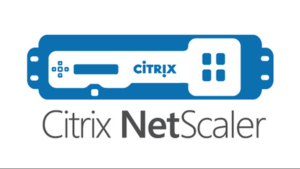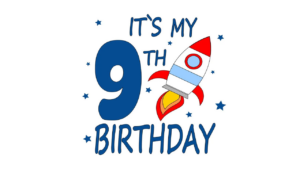July marks my 1-year mark at EVOTEK. It’s apropos that I came across this article, “Why Good People Leave Large Tech Companies.” This article exposes some of the differences between a founding CEO running a large company…and a large company CEO running a grown up start-up; and how culture can be destroyed if mishandled. I liked this article, because the underlying theme was that people and culture are at the heart of all successful businesses.
One year ago, I resigned an executive post at a large software tech firm; a role which I worked my entire career to achieve. When I opted to leave and join EVOTEK, a much smaller firm, it came as a surprise to many of my peers in the industry. So, what was it? One year later in reflection, what was it that I saw in myself, in my family, in the industry, in life, that drove me to make such a drastic move? Here is my post on my first day at EVOTEK. “Leaders Often Forget Whom They Serve.”
First and foremost, I’ll start with my family. I was on a 2-year assignment, which became 5 years. You may have read a post I wrote earlier in the year called, “The most important job, and its not mine.” The role had me traveling 70% of my time. I found myself coming home after a trip and feeling my son take a half day to warm up to me. When I was home, I was resting and not as present as my family deserved. That was not the life I wanted, my wife signed up for, or the family experience we wanted for our son. We want a tight family that runs through life together. Together. 3 years may have felt like too short of a time, but 5 years was definitely too long.
Secondly, I took the job to turn around an under-performing region. During that turn-around, we ran like a start-up in hyper-growth mode. Our culture was of foremost importance for anything we did. Our team ran at a 0% attrition for 3 years, during a time where the overall company was running at 40% attrition. By our fourth year, we were the fastest growing business at the company. Moving from hyper-growth mode to a more traditional growth curve, it became a lot less interesting. Latin America, which was once a region that was a necessary evil, became the shiny object of the company. Everyone wanted to have a hand in our business. My job became more about the metrics of the business and reporting them to senior management, and less and less about the culture and our people. It became difficult to maintain the culture we built that ultimately led to the success in the first place. Now that the region was performing, the company wanted me to drive American standards into a part of the world, that was successful because of our Latin differences. I found myself spending >60% of my time managing up, rather than serving my team.
Lastly, the tail end of my assignment in Latin America was spent in many executive conversations with non-IT executives. It was remarkable to me the root of the questions coming to me were mostly about survival and how not to lose market share to a born digital company. While my former employer played in some areas in that space, it became clear that the future was not hardware and software companies providing tools for enterprises. The future is a completely different business model based on speed, agility, results and actual consumption. No vendor has an answer, not even the full-service shops like HP or IBM.
Going back to the original article that I sited in the beginning of this post. I left a tech giant to run a smaller company. However, we are building the unicorn of system integrators, unlike anything the world has ever seen. We have a message that is resonating with our clients and a value proposition they couldn’t otherwise achieve in a partnership. Our company plays in that hybrid space between the traditional IT data center and the next-generation multi-cloud. We will achieve our aggressive target of $100M in top line revenues, by the end of our 3rd year in business. I get to wake up every day 100% focused on driving our company, supporting our customers and serving our people. This is what I have worked my entire career to be part of.
Founders are comfortable in the chaos and disorder. In contrast, professional managers attempt to bring order to chaos and often kill the startup culture in the process.
The last comment I’ll make is on our founder, my partner and my friend, Cesar Enciso. He is exactly what you’d expect in a founder of a start-up, agile, relentless, tenacious, and aggressive. He has built the foundation of a culture that people want to be part of. He has been highlighted in a few flattering posts which are worth a read. The first back in 2015 by Mark Godley “The Art of Whale Hunting” and most recently, the eloquently written, “Sharing your Shade,” by Moudy Albayadi. As an entrepreneur, Cesar is a unicorn. It’s not many that would have the maturity, vision or self-awareness to hire someone to run and scale the company he founded. There are many studies on the rise and fall of a founder that creates a great company, then drives it into the ground. Cesar has been telling me for well over 5-years, that we would be running a company together, and here we are. We have taken very different paths to get here. Anyone that knows both of us, would comment on how different we are, and how our approaches in many cases are vastly different.
While our similarities brought us together as friends, its our differences that make us dangerously good together in business.
Was my ladder against the wrong wall? Or did I just not yet make it to the top? Either way, one year in, there is no place else I’d rather be, than in San Diego, with my family, working at EVOTEK.




